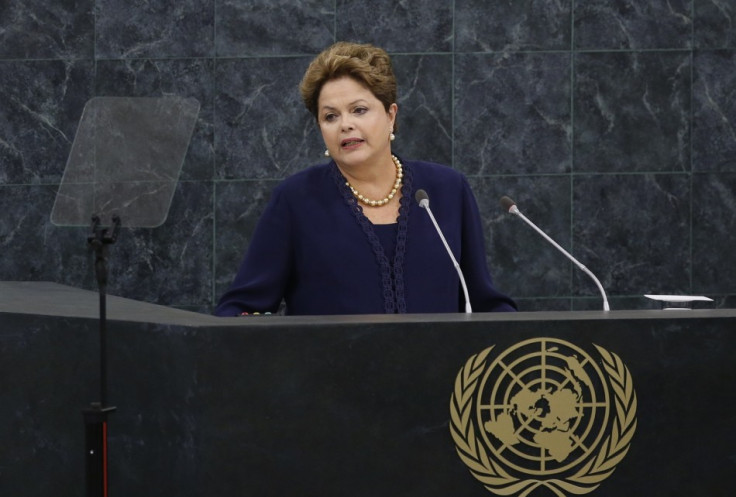Edward Snowden NSA Scandal: New Leak Suggests Canada and US Spied on Brazil

Canada's intelligence services spied on communications at Brazil's Mining and Energy Ministry, according to new leaks by US whistleblower Edward Snowden.
The ministry's metadata of phone calls, emails and internet traffic was recorded by the Communications Security Establishment (CSRC) - the Canadian equivalent of the American NSA - according to a report by Globo television.
CSRC used software called Olympia to map the ministry's communications with third parties, including diplomatic missions of other countries and the Ecuador-based Latin American Energy Organisation (OLADE).
Globo said its report was based on documents leaked by Snowden, a former NSA contractor whose revelations unveiled the American agency's pervasive scooping practices.
Snowden reportedly obtained the documents at a meeting of intelligence analysts from the US, Canada, Britain, Australia and New Zealand. The multination intelligence group was said to be called the "Five Eyes."
Brazilian Mines and Energy Minister Edison Lobao described the disclosure as "serious.".
"There are many Canadian businesses interested in doing business in our country. If that is where the interest in spying comes from, to help certain business interests, I cannot say," Lobao said.
Earlier leaks by Snowden, run by Globo, accused the US of spying on Brazilian President Dilma Rousseff and on the state-run oil company Petrobras.
The report sparked a diplomatic crisis between Brasilia and Washington. Rousseff cancelled a state visit to the US and accused the NSA of "industrial espionage".
Glenn Greenwald, a Rio de Janeiro-based reporter for the UK's Guardian newspaper, worked with Globo on both reports.
Greenwald has alleged that the NSA accessed all the online content visited by Rousseff and said the "Five Eyes" nations shared all the data.
Snowden, 30, is wanted in the US on espionage charges but has been granted temporary asylum in Russia.
© Copyright IBTimes 2024. All rights reserved.







